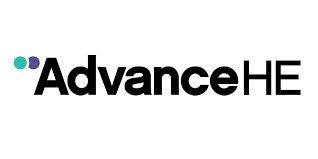Before I joined Advance HE, I worked in various student-facing roles where there was a need to balance planning for the now and predicting the future. The annual joint Advance HE/HEPI Student Academic Experience Survey was always a valuable insight into issues facing current students and trends that formed part of the arsenal for strategic planning. This year’s report by Jonathan Neves and Rose Stephenson is no exception and continues a longitudinal study tracking the reality of student life since 2005/06.
Given the level of detail in the report, I want to focus here on two specific aspects and what they mean for leaders in learning and teaching – the cost of living crisis and the sense of loneliness many students feel.
The cost of living crisis impacts and influences the perception of university experience and contributes to a record number of students undertaking paid employment alongside their studies. From an operational perspective, while universities cannot impact inflation, they can do their best to alleviate its impacts where they can.
First, when designing teaching and learning activities, there should be a strong focus on building courses that, as best as possible, use the university's existing resources and avoid 'hidden extras' regarding textbooks or other purchases. As a result, a whole university approach to course design coupled with robust scrutiny in validation events may be required.

